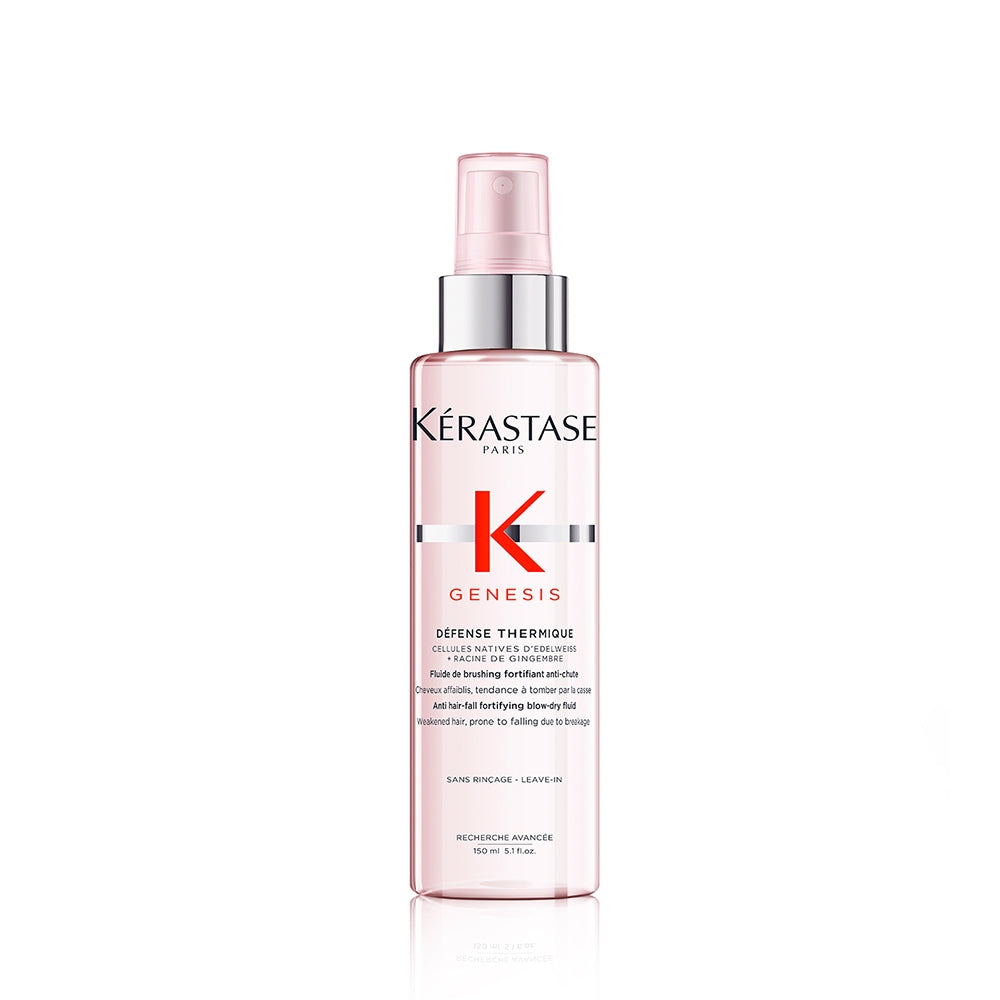If you’re experiencing a flaky, oily or dry scalp this winter, it’s time for some much-needed TLC. Afterall, fixing scalp problems can lead to healthier hair, so if the winter weather has left your scalp feeling worse for wear it’s important to act fast. Luckily, we’re created a guide with some top tips to help you treat your hair and scalp this winter!
5 SCALP PROBLEMS YOU CAN HAVE DURING THE WINTER
FLAKY SCALP
Is your scalp extra flaky this winter? You might mistake a flaky scalp for dandruff, but they’re two very different problems. A flaky scalp is caused by a lack of moisture, while dandruff is caused by excess oil and yeast. If you’re struggling to tell the difference, check the size of the flakes. Dandruff flakes will look oily and larger.
To soothe a dry, flaky scalp, look for products formulated for a dry scalp. We recommend looking for scalp serums or scalp toners that can help hydrate your scalp. Switching up your haircare routine can also help, like using lukewarm water when washing hair. If the water is too hot, it can further dehydrate your scalp.
OILY SCALP
Everyone’s scalp is oily sometimes, but too much oil can lead to greasy, lifeless hair. It can be a big problem in winter, as dry, cold hair can cause some people to produce excess oils. An oily scalp can also be a sign of a skin condition – so be sure to get it check out ongoing problems!
The best way to fix an oily scalp is by first identifying the root cause of the issue. In the winter, there can be multiple causes of an oily scalp, like dry air, seasonal stress or even bundling up. Luckily, you don’t have to suffer in silence, try using dry shampoo to treat your oily scalp. You can even head into your nearest salon to ask for expert advice and buy products to help fix the problem.
DRY SCALP & FRIZZY HAIR
A common cause of winter frizz is dry scalp. If your scalp lacks moisture, it can cause your hair to become dry and frizzy. It can even lead to more serious problems like hair fall or dandruff. The cold air also dries out your hair strands, making it become brittle, weak and frizzy.
If you want to keep your hair frizz free, give it some all-important TLC. You could even try switching your shampoo. A silicone, paraben-free shampoo can keep your scalp clean without stripping it of moisture. You can visit your local Regis salon to buy professional haircare products that help tackle dryness and frizz. Once you switch your shampoo, it’s also best to avoid using hot water, which can strip your hair and scalp of its natural oils and lead to frizz.
STATIC HAIR AND FLY-A-WAYS
If you’re experiencing static hair this winter, your hat, scarf or knitted jumper is likely the cause. When your hair rubs against material, it receives extra negative electrons. This causes your hair to stand on end as each strand is negatively charged, which causes your hair strands to repel and stand on end. The winter weather can make static worse as dry air is the perfect environment for electric charges to flow. It’ll be even worse if your hair is dry or damaged!
So, what can you do to fix static hair? If you don’t want to lose your scarf or hat, you can manage static hair by keeping it moisturised. You can switch up your hair care routine to include moisturising shampoos and conditioners. If in doubt, head to your nearest Regis salon where our expert stylists can help you choose the best products for your hair.
FLAT AND DULL HAIR
Ugh, flat and dull hair – another common winter hair problem. When wind picks up, it can leave hair looking limp and flat. When the winter weather leaves your hair looking worse for wear, you need to give it some TLC.
Upping your hair care routine can work wonders. Try using a hair mask weekly to increase moisture and leave hair looking shiny and hydrated. Look for ones that are rich in vitamins like vitamin A and vitamin C. You could even switch to a more nourishing shampoo that has oils and vitamins that will leave your hair full of body and life. Different hair types benefit from different products, so it’s always best to head into your nearest salon to speak to a stylist who can help you find the best products.
We hope you’ve found our tips helpful. Remember to follow our advice to keep your scalp and hair healthy this winter. Don’t forget to head into your local salon for expert advice and product recommendations from our talented stylists.


